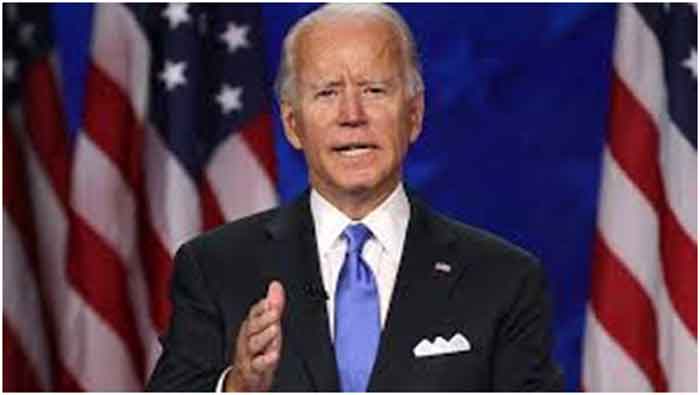
Those who supported Biden did so primarily to see America free of the Fascist-style president and Republican Party determined to bring the country as close to the Third Reich as possible. To be sure, there were many who backed Biden-Harris because they espouse the platform of the establishment Democratic Party. However, the demographics have changed, and the middle class has shrunk just as the majority of the population under the age of 25 is non-white. In short, the Democratic Party is not operating with the same demographic base today as in the 1970s.
Republicans voting for Biden did so to defeat Trump who was dogmatic about forcing all in the party accept him as the leader who determines the party platform and direction. Disgruntled Republicans also figured that Biden is a mainstream establishment Democrat closer to mainstream Republican issues on the economy, foreign affairs and defense. Progressive Democrats (mostly Sen. Sanders’ supporters) voted against Trump by voting for Biden, while hoping he would yield on some key progressive issues, including raising taxes on the rich, raising minimum wage, supporting Obamacare, protecting the environment and cultural/racial/ethnic diversity. Given the disparate policy goals of the three groups backing Biden, can there be policy divergence, especially if Republicans keep the Senate and block Biden’s agenda? T
1. It is realistic to expect some movement toward taxing the highest income groups, but unrealistic to expect raising taxes on the rich without Biden making concessions o some aspect of social programs, social security, Medicare/Medicaid.
2. It is realistic to expect diversity of cabinet appointments as a pretext concession to the progressives, but totally unrealistic to expect concessions on a progressive agenda that is class-based instead of identity-politics based.
3. It is realistic to expect the end of American unilateralism as a strategy to force other nations into submission, but unrealistic to expect the withering of American militarism and imperialism.
4. It is realistic to expect the end of corporate welfare for non-renewable energy, but unrealistic to expect the end of corporate welfare which will simply be redirected to high tech, renewable energy and bio-tech.
5. It is realistic to expect the end of persecuting illegal immigrants, but unrealistic to expect the end of marginalization of ethnic minorities.
6. It is realistic to expect more high-visibility appointments of blacks, but unrealistic to expect the end of system racism, wage, housing, college, and criminal justice discrimination based on race.
7. It is realistic to expect US re-engagement with international organizations on the environment, health and trade, but unrealistic to expect that the US will operate outside the confines of the neoliberal model that accounts for continued downward socioeconomic mobility.
8. It is realistic to expect a US-China relationship rooted in multilateral diplomacy, namely US rallying all of its allies to force China to abandon quasi-statism (51% government ownership) and into the neoliberal model it wishes to impose on Beijing. It is unrealistic to expect much improvement in US-China relations, considering that China has far greater global leverage than the US and will use it as needed while negotiating its way to retaining the status quo.
9. It is realistic to expect some movement toward rapprochement with Iran, but unrealistic to expect a lot of results, as Israel and Saudi Arabia will push back hard.
10. It is realistic to expect a tougher policy toward Russia, but unrealistic to expect Russia to cave to US demands on its strategic zone of influence inside the old USSR borders.
Jon V. Kofas, Ph.D. – Retired university professor of history – author of ten academic books and two dozens scholarly articles. Specializing in International Political economy, Kofas has taught courses and written on US diplomatic history, and the roles of the World Bank and IMF in the world.
SIGN UP FOR COUNTERCURRENTS DAILY NEWSLETTER
Related posts:
Related posts:
Views: 0
 RSS Feed
RSS Feed

















 December 9th, 2020
December 9th, 2020  Awake Goy
Awake Goy  Posted in
Posted in  Tags:
Tags: 
















